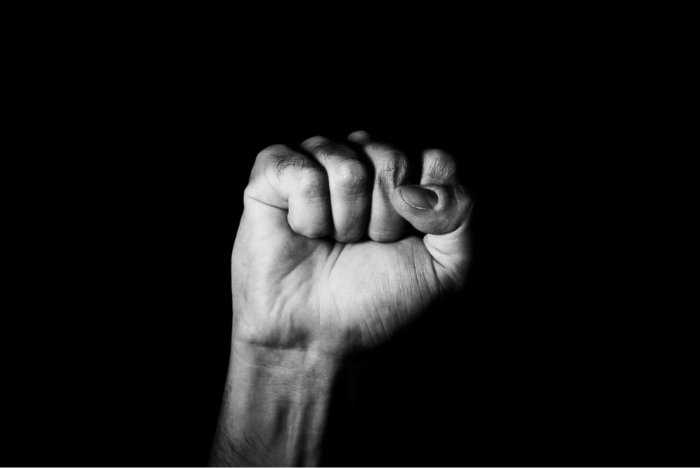
The Rise of Makeup For Men: Breaking Down the Stigma
Share
A growing number of men are embracing makeup as a form of self-expression, creativity and confidence. However, there is still a lot of stigma and stereotypes surrounding men who wear makeup. We will explore the history, benefits and challenges of makeup for men, and how to break down the barriers that prevent men from enjoying makeup.
A Brief History of Makeup For Men
Makeup has been used by men throughout history and across cultures. Ancient Egyptians, Greeks and Romans used kohl, rouge and other cosmetics to enhance their appearance and status. In the 18th century, European aristocrats wore powder, wigs and beauty marks to show their wealth and sophistication. In the 20th century, male actors, musicians and celebrities used makeup to create different looks and personas on stage and screen.
However, in the modern era, makeup became associated with femininity and homosexuality, and men who wore makeup were often ridiculed or discriminated against. This was partly due to the rise of toxic masculinity, which defined manhood as being tough, strong and stoic, and rejected anything that was seen as soft, weak or feminine. It was also partly due to the influence of the beauty industry, which marketed makeup as a product for women to fix their flaws and please men.
The Benefits of Makeup For Men
Despite the stigma, many men today are rediscovering the joys of makeup. Makeup can offer many benefits for men, such as:
Enhancing features
Makeup can help men accentuate their eyes, lips, cheekbones and other facial features. It can also be used to conceal blemishes, scars, dark circles and other imperfections.
Expressing personality
Makeup can showcase your individuality, creativity and style by experimenting with different colours, textures and effects.
Boosting confidence
Makeup can help men feel more comfortable and confident in their own skin. It can also help them overcome insecurities, fears and anxieties.
Having fun
Makeup can be a source of enjoyment and pleasure for men. It can also be a way of bonding with friends, partners and other makeup enthusiasts.
The Challenges of Makeup For Men
However, wearing makeup is not always easy for men. They may face many challenges, that include:
Lack of knowledge
Many men do not know how to apply makeup properly or what products to use for their skin type and tone. They may also struggle to find tutorials, tips and advice that cater to their needs and preferences.
Lack of access
Access to suitable products may be an issue. They may also have difficulty finding makeup stores, salons or services that welcome them or that are inclusive and respectful.
Lack of support
Men may feel ridiculed and not supported by family, friends or society when it comes to wearing makeup. They may face judgment or harassment from others who do not understand or accept their choice.
Lack of representation
Men do not see themselves represented in the media or the beauty industry when it comes to makeup. They may feel isolated, invisible or marginalized.
How to Break Down the Stigma
To overcome these challenges and break down the stigma around makeup for men, we need to:
Educate ourselves
We need to learn more about the history, culture and diversity of makeup for men. We need to understand that makeup is not a gendered or sexualized thing, but a human thing.
Support each other
Lets support men who wear makeup or who want to try it. We need to encourage them, compliment them and celebrate them. We need to respect their choices and preferences.
Speak up
Speak up against the stereotypes and prejudices that surround makeup for men. We need to challenge the norms and expectations that limit men's expression and identity.
Be proud
Be proud of ourselves and our makeup. We need to wear it with confidence and joy and show the world that makeup is for everyone.
Makeup for men is not a trend or a fad. It is a movement and a revolution. It is a way of reclaiming our power and our beauty. It is a way of breaking down the stigma and creating a more inclusive and diverse society.
Are you ready to join us?
